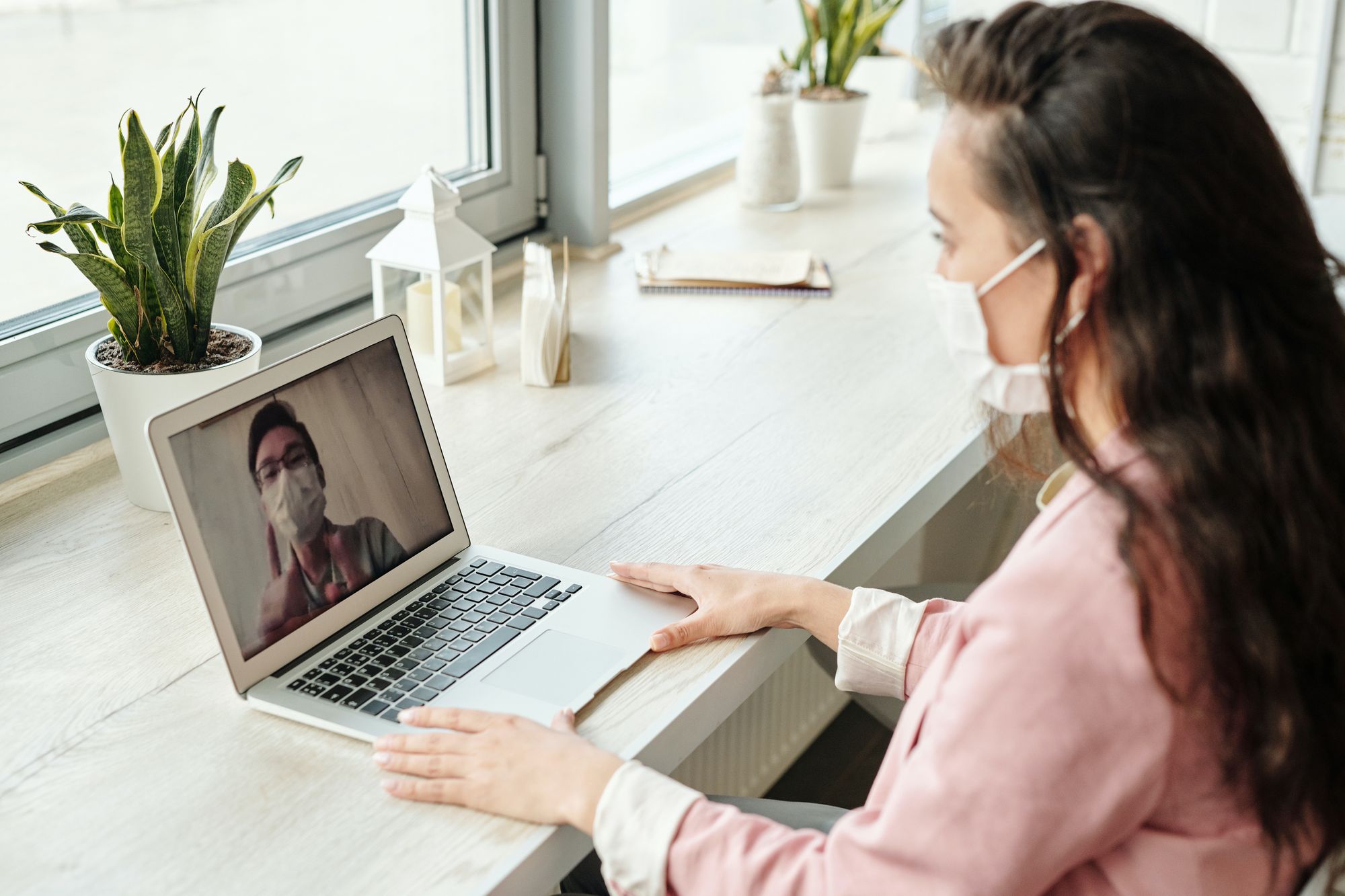How Important is the Maintenance of Hygiene And Sanitation in the Workplace?
Reading Time:
Reading Time:

A working hand tends to forget that he or she has an undeniable personal commitment to the workplace where almost 25 to 30% of the time is spent. A quick answer makes us think that the workplaces must be supervised entirely or at least to a large extent in every respect by those responsible for the workplace, such as the employers or their supervisors/coaches. Ordinary men, the majority of whom are us, feel that we are already overburdened or busy looking after homes and personal belongings in our free time, and if we have to look after the jobs personally as well, we are overburdened. One such important area is personal hygiene and sanitation in the workplace, where no one else can help but ourselves.
Health and well-being in the workplace is the primary duty of management, including by law, and they are legally obliged to take full responsibility for maintaining safe and healthy workplaces. Any negative impact on health, safety, well-being, environment, local community/society resulting from industrial processes/operations/installations must be prevented by the management concerned, but when it comes to personal hygiene, sanitation, cleanliness/sanitation, we must all work together and participate in comprehensive measures. The aim is to stay fit and healthy - at the workplace and anywhere else.
Read About: Guide for preparing the workplace for COVID-19
Importance of personal hygiene and sanitary facilities - extremely important, also in the workplace
Hygiene is the practice of keeping oneself and one's surroundings clean in order to prevent infections and diseases and to stay healthy and fit. Hygiene is the practice of taking precautions to protect public health, especially the provision of clean drinking water and the proper disposal of waste water. Contaminated sewage and excrement must be completely discharged in sewers to the treatment sites. Under no circumstances must they be allowed to escape to the outside world as they spread infection and illnesses/diseases. This is the basic public and private health problem in living, working and all public places. It is our fundamental right to remain healthy in all places and let us strive to achieve this.
If we spend more time at work, we will be more responsible if there are more people spreading germs and various infections. Employees and employers can both contribute to maintaining good hygiene and sanitation.
For an underdeveloped and developing economy, as in most parts of Asia and Africa, cleanliness, the availability of clean drinking water, sanitation, personal hygiene, simple food, simple living, care to ward off infections-in short, these simple personal habits and care cost little, but are most important to keep us fit and productive at work and outside the workplace.
We are all blessed by nature with a miracle machine - the human body, self-sufficient and fully automatic. Let it function in its natural rhythm.
Also Read: 5 Reasons Why You Must Take Organizational Hygiene Seriously